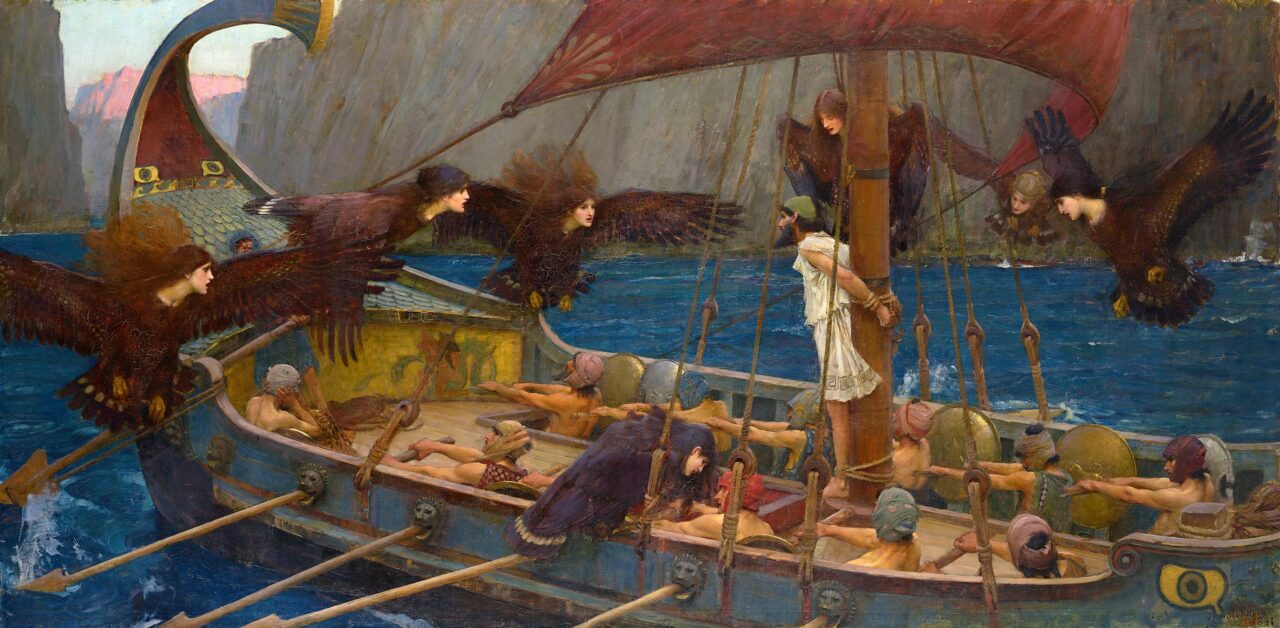It has become fashionable in certain circles to disparage the Marvel Cinematic Universe (MCU). It seems that every time a new entry in the wildly successful superhero franchise is released, another Academy Award–winning director or highbrow film critic takes a potshot at the MCU. As a fan of these movies and of comic book superheroes in general, it discourages me when I see even some Christian culture commentators dismiss the MCU out of hand. I believe they’re missing a novel opportunity to engage contemporary culture in a way that’s accessible to young people. Love it or hate it, you can’t ignore it: the Marvel Cinematic Universe is here to stay. An entire generation has grown up with these films. They’ve become part of the popular lexicon, and it would be counterproductive to disregard or ridicule them.

Which brings me to Spider-Man: No Way Home, the third installment in a trilogy featuring the wall-crawling, web-slinging teenager from Queens. Watching the film in a crowded theater full of excited and boisterous young people, I began to ponder the movie’s noteworthy portrayal of Christ-like enemy-love and self-sacrifice. Peter Parker/Spider-Man spurns the broad, easy path and chooses instead the hard, narrow way (Matt. 7:14) in order to give the supervillains a second chance. Popular culture bombards young men and women with confusing ideas about what constitutes justice and mercy, often divorcing both from the truth. In contrast, many superhero comics and films, including No Way Home, present a more balanced both/and approach, showing that redemption is possible, but without pretending that villains have not been villains, or that we sinners have not sinned. This perspective, grounded in truth, offers a compelling and refreshing counternarrative to the constricting either/or dichotomy that dominates much of contemporary discourse. The fact that Millennials and Gen-Zers have wholeheartedly embraced the adventures of these heroic characters may be a sign for optimism.
Perhaps another important lesson we can learn from the phenomenon of the MCU is that effective evangelization of the youth requires meeting the sheep where they feed, so to speak, and participating in a respectful dialogue with the popular entertainment that engages their minds and imaginations. As Bishop Barron has succinctly put it: “Whatever is true, whatever is good, and whatever is beautiful in nature or in human culture participates in [Jesus Christ], reflects him, and finally leads back to him.” This is not some modern conceit but a tried-and-true approach to evangelization. The early Church Fathers eagerly sought after and celebrated what they referred to as logoi spermatikoi—“seeds of the Word”—in the pagan Greco-Roman culture that was the dominant secular force at the time. Ever since, the Church’s best and brightest thinkers have consistently embraced and assimilated what is good, true, and beautiful in world mythologies and other thought systems.

I attended a small traditionalist Catholic high school that emphasized classical education. My humanities teacher instilled in me an enthusiastic delight in the epics of Greco-Roman literature—the Odyssey, the Aeneid, the Oresteia, and others—as well as a profound respect for the education in virtue these tales could impart. Although the example of the pagan demigods and heroes—not unlike that of comic book superheroes—is often imperfect, they can serve as powerful models of courage, honor, and loyalty. It would be folly to discard such sagas as worthless or obsolete. Christian commentators down the centuries have sought to “baptize” the pagan myths, seeing in them allegories of the Gospel. J.R.R. Tolkien took all that was good and noble in his beloved Norse mythology and transfigured it into his fantasy masterpiece The Lord of the Rings, a novel he described as “fundamentally religious and Catholic.” Tolkien’s close friend C.S. Lewis, a master Christian apologist, believed that mythology offers a powerful means of imparting spiritual and moral truths. These truths can act as signals beckoning us toward the fullness of truth in the Gospel, which Lewis referred to as the one “true myth.”
These truths can act as signals beckoning us toward the fullness of truth in the Gospel, which Lewis referred to as the one “true myth.”
It is a common adage among comic book enthusiasts that superheroes represent a modern-day mythology, and I think there’s little use in denying the global influence of these stories at this moment in history. To discount them as irrelevant for evangelization would be to commit an egregious misjudgment. To quote Bishop Barron again: “The Church of Jesus Christ can and should embrace the positive dimensions of whatever cultural environment surrounds it.”
Beneath all the flashy special effects, the overblown fight scenes, and the bombastic music, the message of the Gospel, like a still small voice (1 Kings 19:11-13), can still be discerned in Spider-Man: No Way Home and in many other superhero adventures. This phenomenon offers a compelling reason to hope that the imaginations of many Millennials and Gen-Zers have been primed by this new mythology to receive the Gospel through the via pulchritudinis—way of beauty—and prepared for a life-altering encounter with Jesus Christ. I pray that the seeds of the Word found in the MCU will one day bear much fruit.
